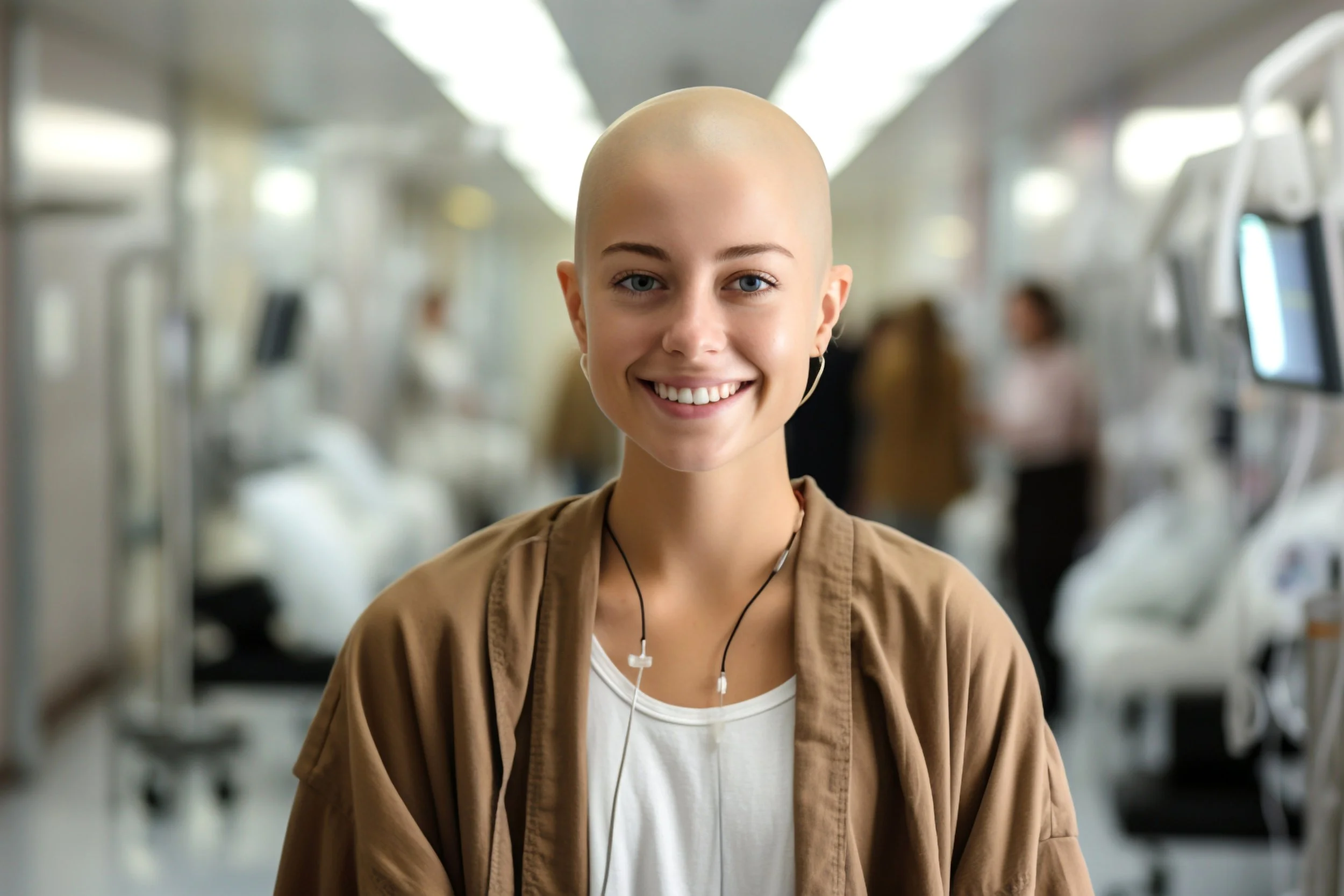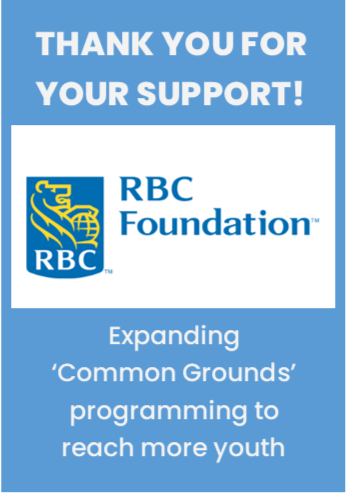OUR STORY
Kids’ Health Links Foundation (KHLF) was founded to bridge the gap for youth facing health challenges, inspired by the experiences of two friends, Christina Papaevangelou and Katy McDonald.
In February 2002, Christina fell critically ill with Toxic Shock Syndrome, leading to a prolonged hospital stay that left her struggling emotionally and educationally. Meanwhile, her friend Katy was battling a rare sarcoma, facing isolation during her treatments. Despite her family's efforts to keep her connected through a laptop and dial-up internet, Katy’s experience underscored the importance of maintaining relationships during illness. Although Katy ultimately lost her fight, her story fueled Christina’s determination to help others facing similar struggles.
Together with her father Basile, Christina founded KHLF in 2007, launching Upopolis—a pioneering platform that connects hospitalized and chronically ill youth with their families and peers, combating the isolation often associated with long-term health issues.
Our Mission
We empower youth aged 13-23 dealing with chronic conditions, grief, and mental health challenges. Our programs improve lives and help them cope with the daily challenges they may face.
We are guided by the World Health Organization’s charter:
“Health is a state of complete physical, mental, and social well-being and not merely the absence of disease or infirmity.”
By fostering inclusive communities, we enhance knowledge and well-being.
Our Services
We offer free, impactful services:
Safe and Secure Communities: Providing peer-to-peer support moderated by clinicians and mentors, helping youth navigate their challenges.
Online Communities of Practice: Facilitating collaboration and knowledge sharing among healthcare professionals dedicated to pediatric care.
Our Values
Compassion: We prioritize empathy and understanding.
Collaboration: Teamwork drives our success.
Integrity: We uphold our commitments.
Passion: We believe in our mission and approach challenges with optimism.
Inclusion: We advocate for equitable access and diversity for all.






